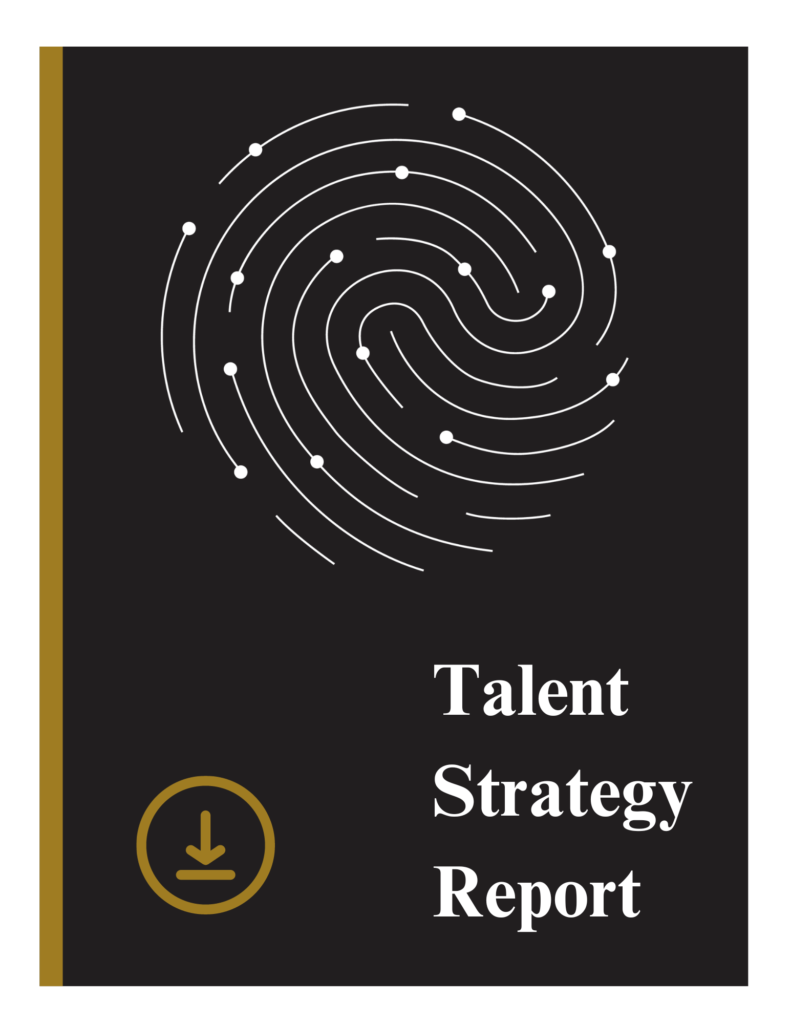by Ashley Ward
Lately, the concept of a four-day workweek has sparked significant interest and debate among employers, employees and policymakers alike. In fact, a recent study found that one-third of America’s companies are exploring implementing a four-day workweek. Advocates tout its potential to improve work-life balance, reduce burnout, boost productivity, reduce environmental impact and attract and retain top talent. Skeptics, however, raise concerns about operational challenges and potential negative impacts on business performance. Let’s explore the pros and cons of adopting a four-day workweek in companies and assess its viability and implications for modern workplaces.
Pros of a 4-Day Workweek
- Improved Work-Life Balance: One of the most compelling arguments in favor of a four-day workweek is its potential to enhance work-life balance for employees. With an extra day off each week, employees have more time to pursue personal interests, spend with family and friends, and engage in activities that promote well-being. Research has shown that a healthy work-life balance is essential for employee satisfaction and retention, as well as overall happiness and productivity.
- Increased Productivity: Proponents of the four-day workweek often cite studies suggesting that shorter workweeks can lead to increased productivity. By condensing work into fewer days, employees may feel more motivated to complete tasks efficiently, leading to higher levels of output during their working hours. Additionally, a shorter workweek can encourage employees to prioritize their time and focus on high-impact tasks, rather than getting bogged down in unproductive activities.
- Enhanced Employee Engagement: A four-day workweek has the potential to increase employee engagement and satisfaction. When employees feel valued and supported by their employers, they are more likely to be committed to their work and contribute positively to the organization. By offering a four-day workweek as a perk or benefit, companies can attract top talent and foster a positive company culture that values work-life balance and employee well-being.
- Environmental Benefits: Reducing the number of days employees commute to work can result in significant environmental benefits. A shorter workweek encourages remote work and alternative transportation methods, such as walking, biking, or using public transportation, which can reduce carbon emissions and alleviate traffic congestion. Additionally, fewer days in the office means less energy consumption and lower utility costs for companies, contributing to sustainability efforts.
Cons of a 4-Day Workweek
- Operational Challenges: Implementing a four-day workweek may present operational challenges for some companies, particularly those in industries that require continuous operations or customer service. Adjusting schedules and ensuring adequate coverage can be complex and require careful planning. Companies may need to consider staggered schedules, flexible work arrangements, or hiring additional staff to maintain productivity and meet customer demands.
- Potential Decrease in Productivity: Critics of the four-day workweek argue that reducing work hours could lead to decreased productivity. Employees may struggle to maintain focus and momentum over longer periods of time, resulting in lower output and efficiency. Additionally, fewer workdays may lead to delays in completing projects and meeting deadlines, which can impact overall business performance and profitability.
- Impact on Client Relationships: Companies that rely heavily on client interactions may face challenges with a shorter workweek. Clients may expect prompt responses and support throughout the week, and maintaining strong client relationships while operating on a condensed schedule may require additional resources and coordination. Companies may need to invest in technology and communication tools to ensure seamless collaboration and client service.
- Financial Implications: Transitioning to a four-day workweek could have financial implications for both employees and employers. Companies may need to adjust salaries, benefits packages, and overtime policies to accommodate the change. Additionally, the cost of implementing new scheduling systems, training employees, and hiring additional staff can add up, impacting the company’s bottom line. Companies must carefully weigh the potential costs and benefits of adopting a four-day workweek to determine its feasibility and impact on financial performance.
The concept of a four-day workweek holds promise as a means of improving employee well-being, increasing productivity and promoting sustainability. However, its implementation presents challenges and considerations that must be carefully evaluated by companies before adoption. While some organizations may find success with a shorter workweek, others may encounter obstacles that outweigh the potential benefits. Ultimately, the decision to adopt a four-day workweek should be based on a thorough assessment of the company’s goals, culture and operational requirements, taking into account the needs and preferences of employees and stakeholders. As companies continue to evolve and adapt to changing work environments, the debate over the four-day workweek will undoubtedly continue, with implications for the future of work and employee well-being.
If you’re considering implementing the four-day workweek in your organization, W Talent Solutions can help. Our talent strategy experts will work with your staff to assess the needs of your talent, and create a plan to ensure a successful implementation of the four-day workweek.



















